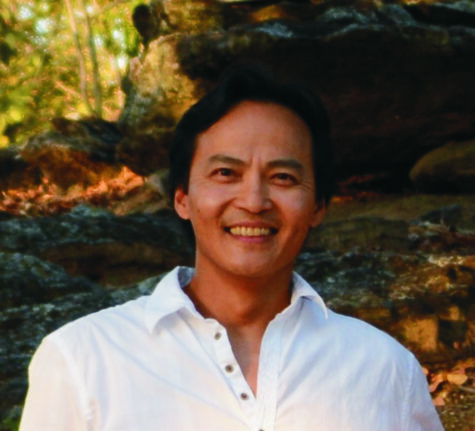The SMM Seminar Editor’s Select Series highlights the latest and most exciting marine mammal science published in the Marine Mammal Science Journal. The SMM created this series to give scientists and citizens around the world a chance to engage with marine mammal scientists, learn and ask questions. All are welcome.
Tuesday, 16 November 2021 at 2 PM AKST (3 PM PDT / 10 PM UTC)
SMM Seminar Editors’ Select Series:
Patterns of mortality in endangered Cook Inlet beluga whales:
Insights from pairing a long-term photo-identification study with stranding records with Dr. Tamara McGuire of the Cook Inlet Beluga Whale Photo-ID Project.
About this talk:
To understand why endangered beluga whales in Cook Inlet Alaska are not recovering despite over a decade of legal protections, we need to understand recent demographic patterns and sources of the population’s mortality. We used photographic records of individually identified live belugas collected over 13 years and combined them with stranding data from belugas found dead during the same period to assess mortality patterns. Dead females and males were evenly represented. For both males and females, mortality rates were greatest in reproductive-aged adults, and there were no very-old adults. Live stranding was the most commonly assigned cause of death, but did not account for the majority of deaths. The cause(s) of most deaths and live strandings were undetermined. Our analysis advances the current understanding of mortality patterns in CIBWs, but linking a greater proportion of carcasses to photo-ID individuals and collecting more data from stranded carcasses would further improve our understanding of the causes of mortality in this population; we conclude with recommendations for achieving this.
About the presenter and co-authors:
Dr. Tamara McGuire is the Principal Investigator for the Cook Inlet Beluga Whale Photo-ID project. She has studied marine mammals for over 25 years and is interested in habitat use, life history, behavior, and the effects of human activities on endangered and threatened aquatic species and their habitats. She has studied marine mammals in Alaska since 2006, and before that on the Oregon Coast and in the Orinoco and Amazon River Basins. She has worked with Federal, Tribal, and State agencies, NGOs, and private industry. She led the Cook Inlet Beluga Recovery Team and is an advocate for collaborative research. Kim Shelden is a marine biologist for the National Oceanic and Atmospheric Administration based at the Marine Mammal Laboratory of the Alaska Fisheries Science Center. She has worked for the Cetacean Assessment and Ecology Program since 1990 studying species present seasonally and year-round in Alaska waters including Cook Inlet belugas, North Pacific right whales, bowhead whales, gray whales, Pacific white-sided dolphins, and harbor porpoise. Dr. Gina Himes Boor is Assistant Research Professor in the Ecology Department Montana State University. Her research focuses on developing models to better understand the demographic and spatial-use patterns that contribute to the decline and recovery of imperiled species. Amber Stephens has studied marine mammals since 1998, including beluga whales, Steller sea lions, harbor seals, narwhals, and Pacific walrus. A CI on the CIBW Photo-ID Project, her responsibilities include cataloging, field work, public outreach, and website management. John McClung joined the Cook Inlet Beluga Whale Photo-ID Project in 2017 and has over ten years of photo-identification experience of cetaceans including humpback whales, melon-headed whales, and belugas. Prior to receiving his MS in wildlife science from Oregon State University, he served 26 years in the U.S. Air Force. Christopher Garner is a biologist for the Department of Defense at Joint Base Elmendorf-Richardson. He has studied beluga and harbor porpoise in upper Cook Inlet since 2001 with emphasis on beluga ecology within rivers emptying into a hypertidal region as well as the effects of military activity on marine mammals and their prey. Dr. Carrie Goertz is the Director of Animal Health at the Alaska SeaLife Center where she oversees veterinary care for animals in the aquarium and out in the field, working with sea birds, fish, invertebrates, sea otters, seals, sea lions, beluga, and other marine animals. Dr. Kathy Burek Huntington has been the pathologist for the Alaska stranding program and in particular for the Cook Inlet belugas for 23 years and works collaboratively with the rest of the stranding network throughout Alaska. She is particularly interested in emerging pathogens, harmful algal bloom toxins, pathology, the intersections of these topics with climate change, and mentoring young scientists in pathology. Dr. Greg O’Corry-Crowe is a behavioral ecologist and geneticist focused on marine mammals and conservation. He runs the Wildlife Evolution and Behavior (WEB) program at Harbor Branch Oceanographic Institute and is a research professor at Florida Atlantic University. Bruce Wright is an ecologist with the Knik Tribe whose work focuses on Alaska marine and terrestrial top predators.
Missed a presentation or want to share this series with a friend? All previous Editors’ Select presentations are recorded and archived on our YouTube channel here: https://www.youtube.com/playlist?list=PLUc78IynQlubS2DVS1VZoplf_t42-yZOO

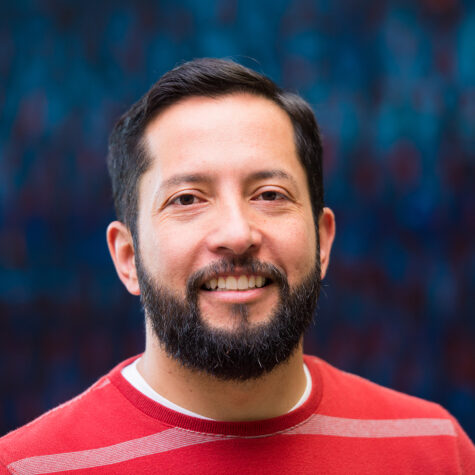
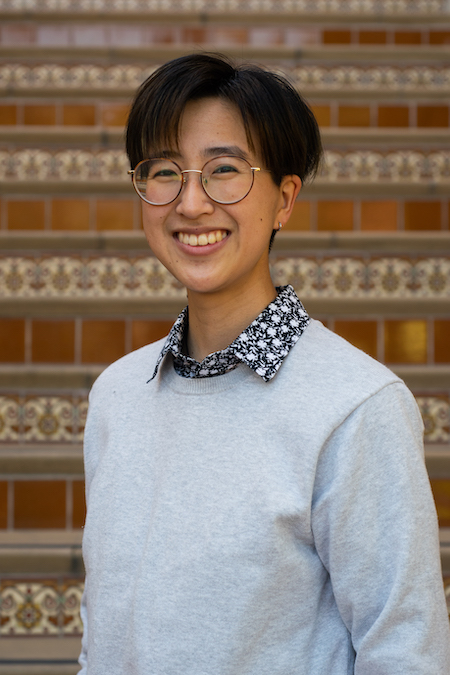
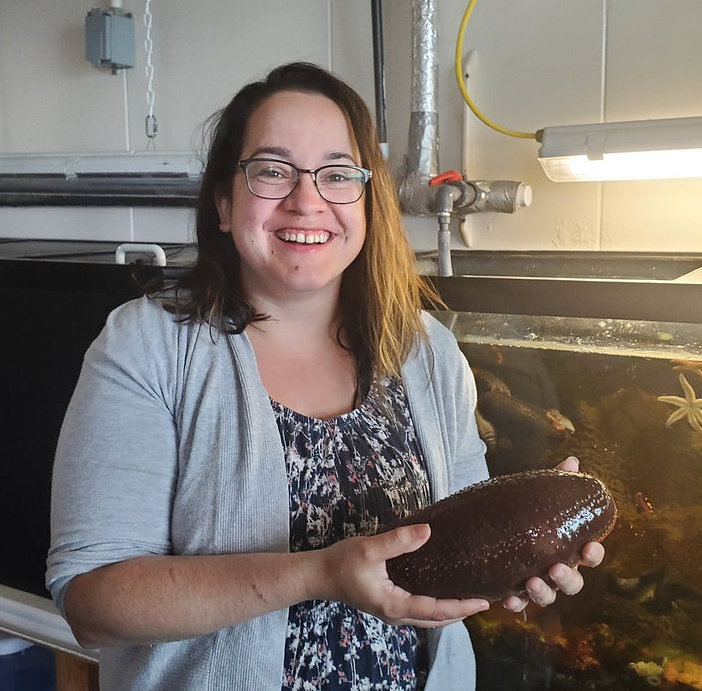
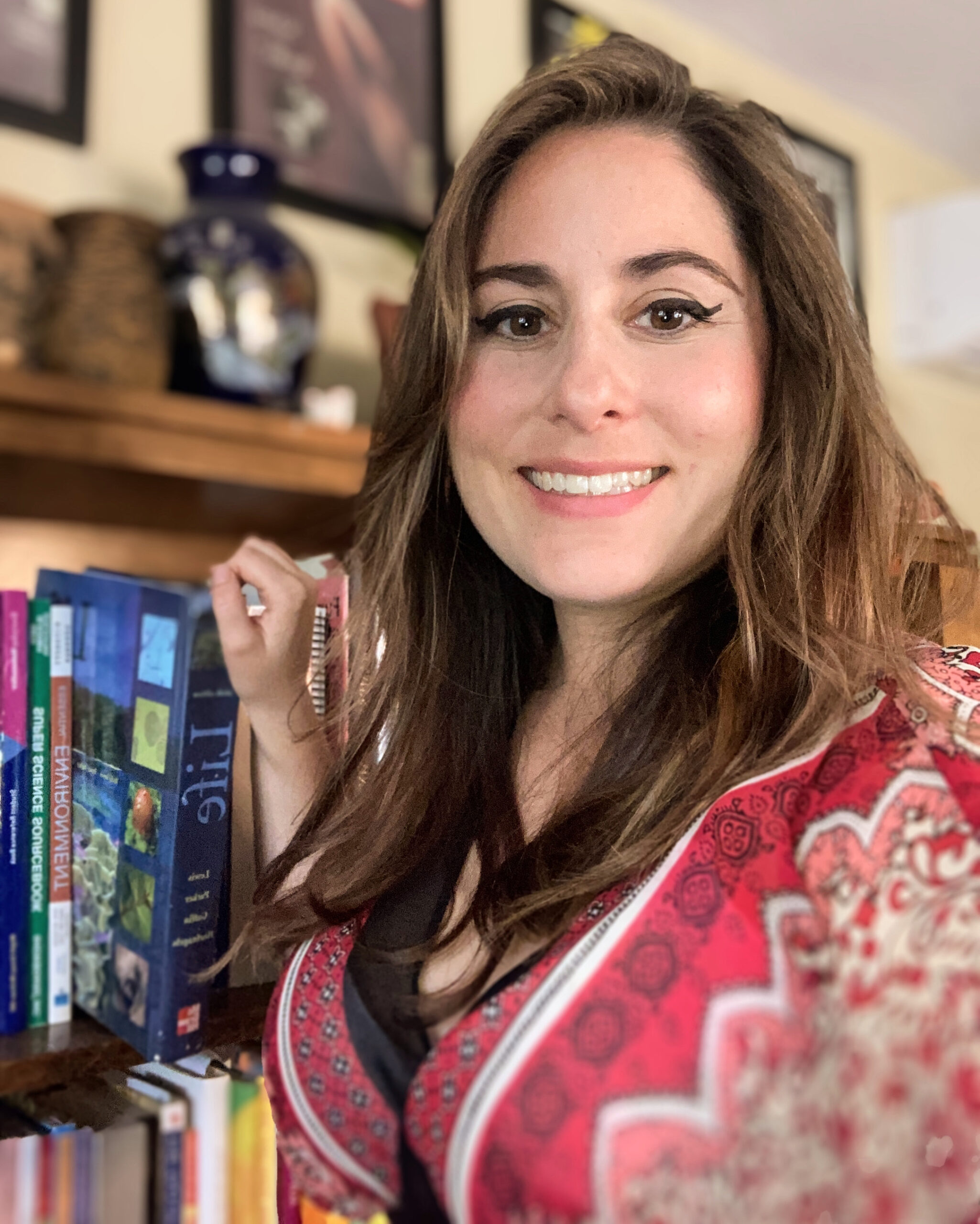
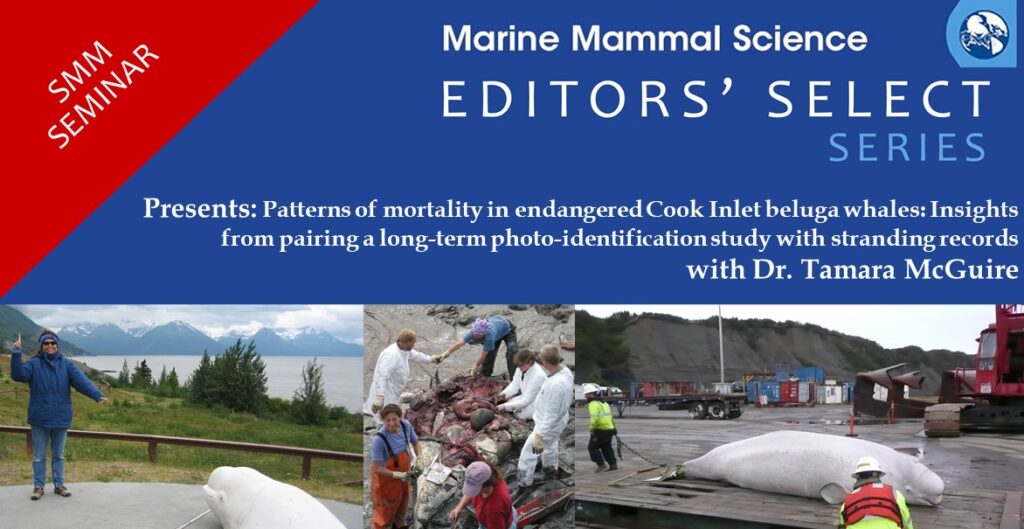
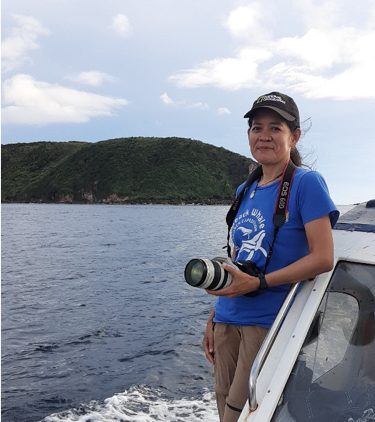 Jo Marie Acebes “Jom”
Jo Marie Acebes “Jom” Wint Hte
Wint Hte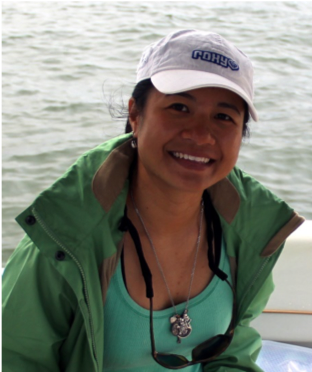
 Turning strandings into a powerful resource for cetacean conservation in a resource limited environment.
Turning strandings into a powerful resource for cetacean conservation in a resource limited environment. 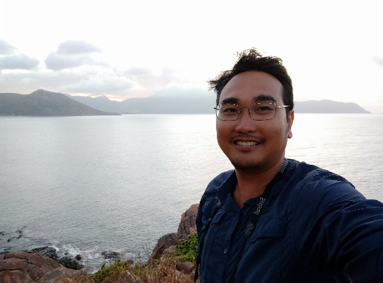 Long is a trained ecologist and conservationist, who started studying marine mammals in 2012. Currently, his work focuses on narrowing information gaps in our knowledge of the marine mammals of Vietnam to better inform conservation and management. Long founded Vietnam’s only dedicated marine mammal NGO, Center for Biodiversity Conservation and Endangered Species (CBES). Long was the winner of the SMM EBS Award for conservation focused research in 2019.
Long is a trained ecologist and conservationist, who started studying marine mammals in 2012. Currently, his work focuses on narrowing information gaps in our knowledge of the marine mammals of Vietnam to better inform conservation and management. Long founded Vietnam’s only dedicated marine mammal NGO, Center for Biodiversity Conservation and Endangered Species (CBES). Long was the winner of the SMM EBS Award for conservation focused research in 2019. Wei-Cheng Yang “Jack”
Wei-Cheng Yang “Jack” Moderators
Moderators In 1993, Lindsay moved to Hong Kong to conduct her PhD and has lived and worked in Asia ever since. Lindsay is one of the founding members of the Southeast Asia Marine Mammal association (SEAMMAM) and the Asian Marine Mammal Stranding Network (AMMSN) and collaborates with many institutes and NGO’s within Asia and is a strong advocate of regional collaboration that strives to improve the status of cetaceans and sirenians throughout Asia, As Awards Chair for the SMM, Lindsay has established a committee of globally diverse participants with representatives from eight (8) countries spanning the Americas, Asia, Europe and Oceania and claims to have one of the best roles in the SMM.
In 1993, Lindsay moved to Hong Kong to conduct her PhD and has lived and worked in Asia ever since. Lindsay is one of the founding members of the Southeast Asia Marine Mammal association (SEAMMAM) and the Asian Marine Mammal Stranding Network (AMMSN) and collaborates with many institutes and NGO’s within Asia and is a strong advocate of regional collaboration that strives to improve the status of cetaceans and sirenians throughout Asia, As Awards Chair for the SMM, Lindsay has established a committee of globally diverse participants with representatives from eight (8) countries spanning the Americas, Asia, Europe and Oceania and claims to have one of the best roles in the SMM.